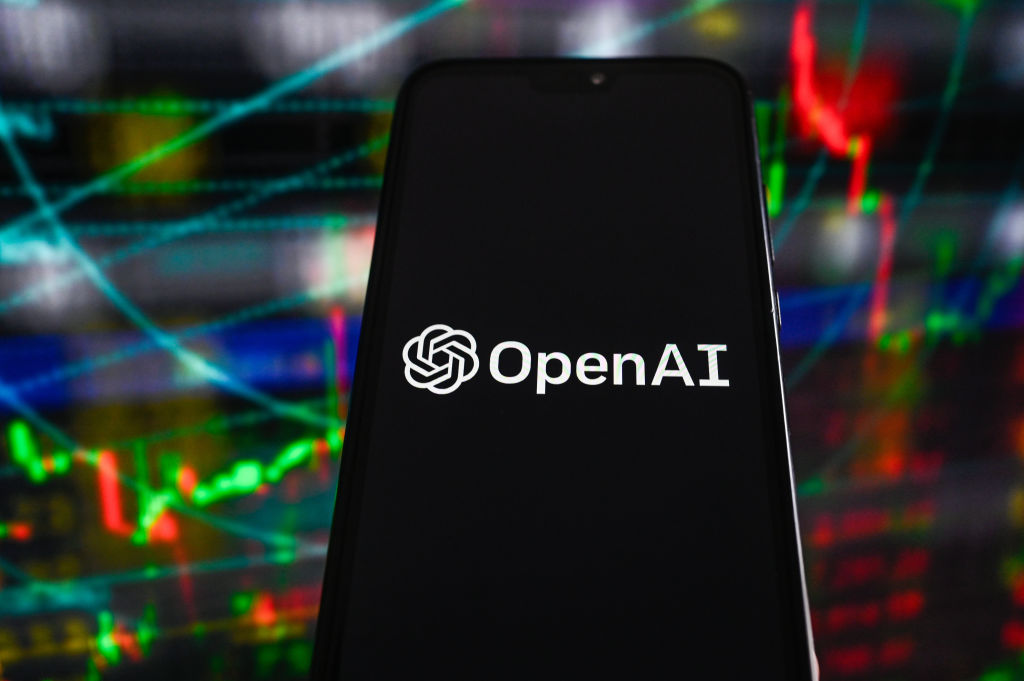Radio France does not want to be plundered by the AI of OpenAI


Generative artificial intelligence models need content to feed themselves. These are thus widely consumed on the public web by the designers of these AIS, such as OpenAI, father of GPT and ChatGPT.
The era of abundance, however, could be behind them now. Several major platforms have recently adopted more restrictive policies towards these actors, who are very greedy with regard to their data.
Free scrapping is gaining momentum
It’s Radio France’s turn to take a stand, AFP reports. The public group advocates for a “reasoned use” of artificial intelligence. And this position cannot be reconciled with unlimited use of the contents.
“There is one thing in this reasoned use that does not pass: it is the unauthorized looting of content. So this summer, we blocked the OpenAI robot that was taking over our content without our consent,” says its president, Sibyle Veil.
As a result, the leader has therefore taken the decision to prohibit access to Radio France’s sites instead of OpenAI. Sibyle Veil claims a policy consistent with its strategy of enhancing content and defending the work of creators.
Radio France calls on other media to join it
The measure taken by the public group is not definitive and thus qualified as a “conservatory” by Laurent Frisch, its director of digital and innovation strategy. This exclusion of the OpenAI robot is also applied by the American firm.
Banning is not an end in itself. The president of Radio France calls on other media to speak out on this topic of AI and its learning without compensation. “For this type of position to have an effect, other media must also do it,” she emphasizes.
For weeks, the New York Times and OpenAI have been conducting “tense negotiations”. The press group is thus striving to conclude a license agreement providing for the use of its content for a fee.
Protect, but also innovate with AI
Content enhancement and innovation are not mutually exclusive, Radio France would also like to let you know. The radio group is very closely interested in the uses made possible by artificial intelligence and generative models.
Thus, Radio France immerses itself in these technological innovations, declares Sibyle Veil. Projects will confirm this, in particular in terms of transcribing content in order to “improve their referencing and therefore their discoverability.”
Another illustration of technological adoption: Radio France will host next month, in September, the first European public media hackathon dedicated to artificial intelligence.








